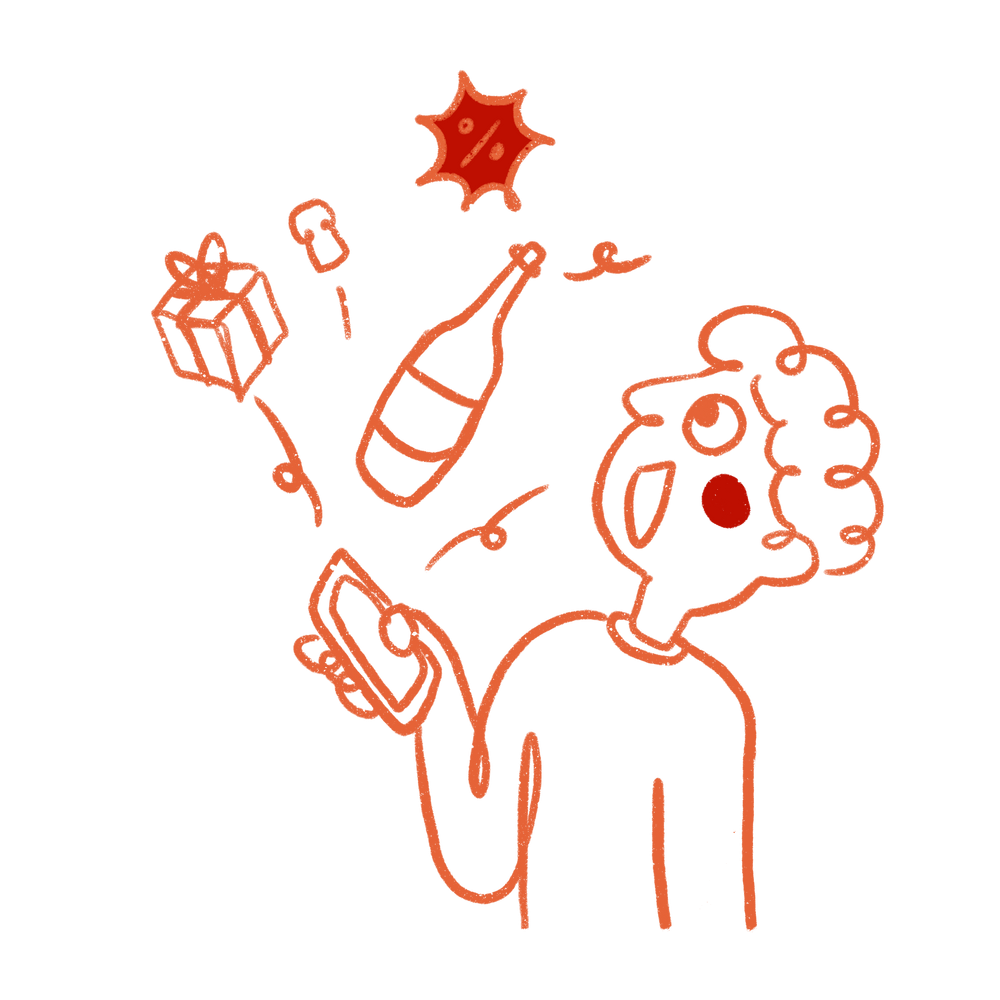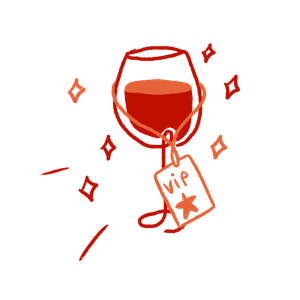Fortification: The Secret of Fortified Wines Explained
Mutage, the magic of naturally sweet wines
From the genius of Arnaud de Villeneuve to the legendary wines of Roussillon
An invention born from the genius of an alchemist
In the 13th century, a Catalan doctor and alchemist named Arnaud de Villeneuve discovered an idea that would transform the history of wine.
While trying to better preserve grape juice, he attempted a daring experiment: adding brandy to fermenting must.
The result? The fermentation stopped, the grape’s natural sugar was preserved, and the wine became sweet, stable, and rich in unprecedented aromas.
Thus was born mutage, and with it a new family of sunlit, complex wines: naturally sweet wines, the jewels of Roussillon.
Wines that are both powerful and caressing, capable of aging for decades without losing their brilliance.
The principle of mutage: science and sensuality
Mutage consists of adding a neutral spirit (often a wine-based eau-de-vie at 96°) to grape must, in order to stop fermentation.
The yeasts cease their activity, and the sugar of the grape remains intact:
A naturally sweet wine, without added sugar or artifice.
There are two ways to fortify a wine:
-
Mutage on skins, where the alcohol is added to grapes still in maceration (Banyuls, Maury, Rivesaltes reds).
-
Mutage on must, where it is added to the clear juice (Muscat de Rivesaltes, Rivesaltes ambré).
This subtle difference creates two families:
-
The sweet red wines, fleshy and sun-drenched,
-
The amber or Muscat wines, fresher and more aerial.
The styles of naturally sweet wines
Born in the South, fortified wine expresses all the richness of Roussillon: a land of wind, schist, and sun.
🍇 The oxidative reds
Maury, Banyuls…
Wines made from Grenache Noir, aged in barrels or glass demijohns, offering notes of fig, cocoa, prune, walnut, and sweet spices.
🍯 The amber whites
Rivesaltes ambré, Muscat de Rivesaltes…
Round and radiant, with aromas of honey, orange peel, and dried fruit.
🌞 The rancios
Rancio wines are aged for a long time in the open air.
Their dry, intense, and patinated profile reveals notes of curry, hazelnut, and old wood.
True wines of meditation.
The other great fortified wines of the world
Mutage is not just a Roussillon invention: it inspired the entire world.
The Port
The most famous of fortified wines.
In the Douro Valley, fortification takes place during fermentation, using grape brandy to stop the process and preserve the sugar.
The wine then ages in barrels, according to different styles: Ruby, Tawny, Vintage…
Stronger than a Banyuls, but close in its construction and luscious charm.
The Madeira
On the island of the same name, the wine is fortified and then slowly heated to provoke controlled oxidation.
This process, estufagem, develops aromas of caramel, coffee, walnut, and orange zest.
An eternal wine, the spiritual cousin of old amber Rivesaltes.
The liqueur wines: cousins of mutage
The Pineau des Charentes, the Floc de Gascogne, the Macvin du Jura or the Ratafia de Champagne belong to the same family.
They too are fortified, but before fermentation: brandy (Cognac, Armagnac, Marc…) is added directly to fresh grape juice.
The result: fruitier, cleaner wines, often served as an aperitif.
💡 In summary: all fortified wines are sweet, but not all are created at the same stage of fortification.
Arnaud de Villeneuve, guardian of time
Eight centuries later, the name Arnaud de Villeneuve continues to shine on the labels of the most beautiful naturally sweet wines.
The Maison Arnaud de Villeneuve, spiritual heir of this alchemist, carries on his genius in the heart of Roussillon.
Their vintage amber Rivesaltes offer silky textures and scents of sweet spices.
Wines to rediscover absolutely, for those who love offbeat emotions.
The aromas of mutage: between honey and cocoa
Aged slowly, these wines take on rare aromas:
- fruits confits, fig, date, prune,
- honey, bitter orange, walnut,
- coffee, leather, cocoa, oriental spices.
They are best enjoyed slightly chilled (12 to 14°C), not too cold, and can be kept for several weeks once opened.
Their balance of sweetness and freshness makes them as fascinating as an aperitif as they are as a digestif.
Why rediscover fortified wines?
Because they are unique in more than one way:
-
They are the last wines of patience, capable of spanning decades;
-
They offer a refined alternative to spirits;
-
They embody a Mediterranean art of living, between sun and wisdom.
And despite their rarity, they remain surprisingly affordable.
🍷 At a time when everything is accelerating, these wines remind us that time can also be an ingredient of pleasure.
A philosophy of wine, a philosophy of life
Mutage is not only a technical process: it is a philosophy of wine, born from observation, science, and sunlight.
Thanks to Arnaud de Villeneuve, the natural sweetness of the grape found its eternity.
From Banyuls to Port, from Pineau to Madeira, all fortified wines celebrate the same idea: preserving the sugar of the fruit and transforming it into emotion.
🍇 Discover our selection of vintage naturally sweet wines and let the magic of mutage speak.






